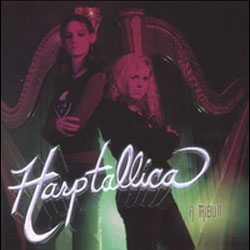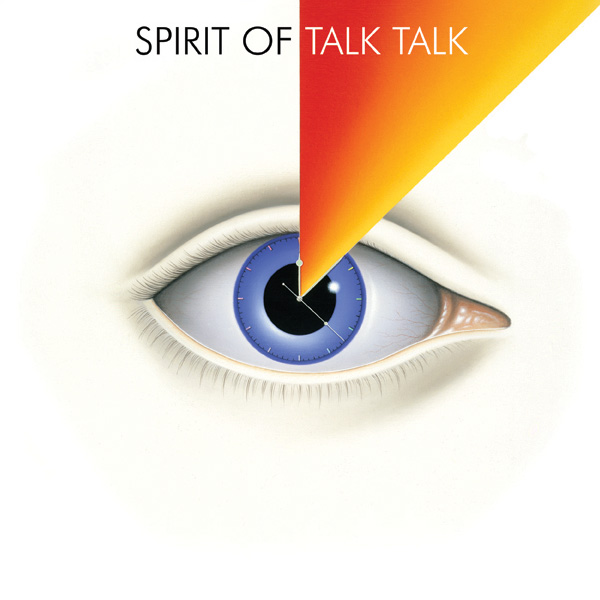The rock tribute album is one of those daggy trends in music and marketing that just won’t die, despite the fact that we’ve been bombarded with thousands of truly, offensively awful ones, and the rest are generally pretty average at best.
The idea seems good in theory: a diverse collection of acts come together to perform their versions of songs by a legendary artist or band that has in some way inspired and influenced their sound or identity. The listener gets to indulge in an albums-worth of fawning nostalgia shared between themselves and the contributing artists, while hearing their favourite songs in a refreshing new light. Sounds fun.
So why is it that when I first heard about the new Talk Talk tribute album (entitled The Spirit of Talk Talk, due out in September) my immediate reaction was mild excitement, followed by a bout of uncontrollable shuddering and gagging?
There are an uncountable number of bargain bin tribute albums out there, and most of them fall into the ‘out to make a quick buck’ category. Cheap, nasty and haphazardly flung together by a bunch of bands you’ve never heard of in an unapologetic bid to cash in on the name of the original artist. And then there are your ‘Gregorian Monks Sing The Misfits’ style tribute albums, which are so devoid of any semblance of taste, dignity or compliance with anti-torture laws that the fact that people actually buy them is irreconcilably disturbing.
But there are plenty of tribute albums that do have artistic merit, and many with genuinely good intentions behind them too. But even these ‘decent’ tribute albums usually end up being kinda disappointing.
Tribute albums are really only of interest to people who are slavish fans of the artist being paid tribute. You already know every song on there and you know exactly how it should sound. The contributing artist isn’t just doing a cover. It’s a tribute. To a band you really fucking love. Living up to your unreasonable fangirl expectations is a tall order. It’s already a rare thing for a band to play a cover like they own it, but the idea of a tribute raises the bar even higher.
If you hear an artist do a cover song on their own album, it serves as a nod to their influences, something that the listener can appreciate simply as a means of putting elements of that band’s sound in context. But on a tribute album, where every song is a cover song, the listener is much more inclined to draw strongly considered comparisons between the original and the tribute. A tribute version might actually be a really decent cover, but because those niggling comparisons are always there, within the context of a tribute album, it rarely ever feels completely satisfying, when you know you could just go back and listen to the original instead.
Plus, when you’ve got so many artists with varying levels of committment on the one record, it’s pretty difficult to end up with entire album of consistently decent tracks, and the not-so-good ones are far more jarring than they should be, like nasty little surprises that undermine your attempts at unbiased enjoyment.
All that aside though, the biggest problem with tribute albums is that the very idea of them is tainted. There are just so many terrible ones and ones that should have been good but weren’t, that it’s hard to be enthusiastic about the arrival of a new one.
So, I’m not particularly excited by the Talk Talk tribute album, (although anyone who steps up to the plate to appropriate any song from their later albums is pretty damn ballsy in my book) but like any sort of nostalgia driven release, it’ll at least be a reason to go back and rediscover what made the original songs so great. Which I suppose is the utlimate intention of a tribute album in any case. So in one way at least, the rock tribute album does have its place.


